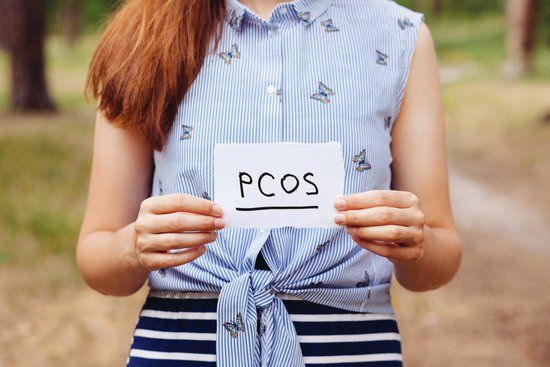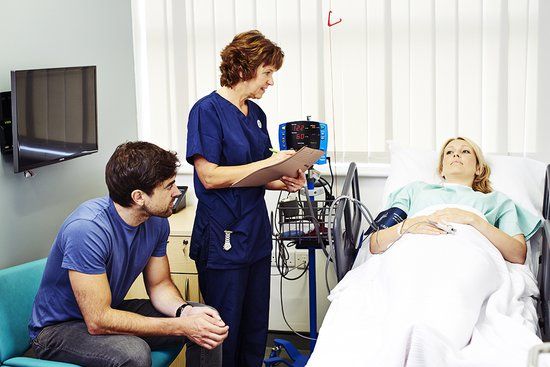It’s a fact that around one in six couples in the UK will need help to get pregnant, and more couples than ever are needing IVF to have a baby.
But why are so many women seemingly not able to get pregnant naturally?
There are many reasons why a woman will need assisted reproduction. But many common conditions can lead to infertility if left untreated, and the number of women suffering from these conditions is rising.
In England and Wales, Pelvic Inflammatory Disease (PID), usually caused by a sexually-transmitted infection, is the reason for one in 60 visits to a GP by women under 45. PID is when the infection spreads to the womb, ovaries and fallopian tubes.
If left untreated it can lead to problems conceiving due to blockages in the fallopian tubes, which become inflamed from the infection leading to the formation of scar tissue.
It is estimated that one in ten women with a history of PID are infertile, and for those women who do get pregnant, their risk of ectopic pregnancy – where the baby grows outside of the womb in the fallopian tubes – is higher.
Another condition that can cause infertility is Polycystic Ovary Syndrome (PCOS). In the UK, it’s estimated that between five and 26 of every 100 women may have PCOS.
PCOS is when cysts develop in the ovaries. It happens when the follicles in the ovary don’t release eggs as they should, and instead become cysts, which are not cancerous.
Many women with PCOS have difficulty getting pregnant due to the fact that they are not ovulating regularly, if at all, and have either erratic periods or no periods.
The good news is that with both PID and PCOS, there are infertility treatments that can help women who have these conditions get pregnant.
For women with Pelvic Inflammatory Disease, IVF is usually the recommended treatment as it bypasses the role of the fallopian tubes. The sperm and egg are mixed in a laboratory, and any resulting embryos are then implanted into the uterus for a pregnancy to occur as normal.
Women with Polycystic Ovary Syndrome need induction of ovulation to get pregnant, where medication is used to stimulate the ovaries to produce a single egg. Sometimes, women treated with the fertility drugs can go onto to conceive naturally. But, if not, the next step is either intrauterine insemination (IUI) where sperm is inserted directly into the womb in a simple procedure, or IVF.
For more information about how we can help if you have PCOS or PID, call us on 0161 300 2737.
Last updated: 8th August 2010





